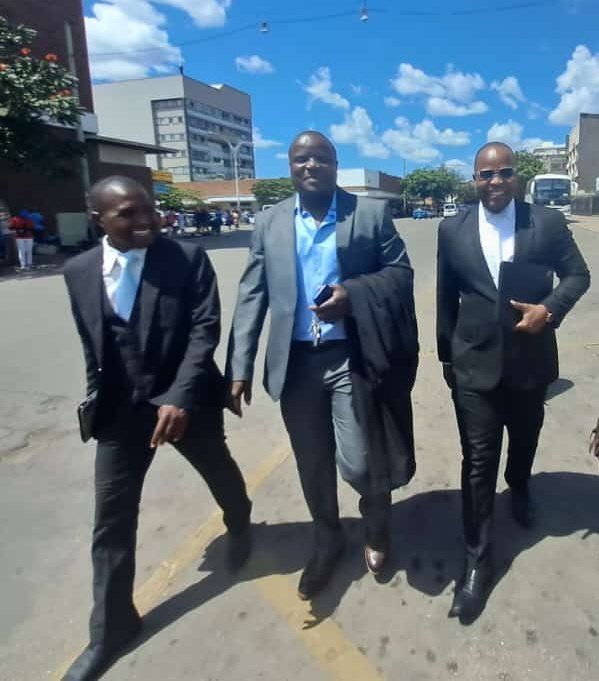The electoral petition against Ward 9 Mpopoma councillor Donaldson Mabutho was withdrawn from court on Tuesday after the applicant, Zanu PF’s Lovemore Munyamana, paid the required security costs out of the stipulated time frame.
According to Zimbabwe’s Electoral Act, when challenging an election result or filing an electoral petition, the applicant has to pay security costs within seven days of submitting the petition.
This withdrawal means Mabuto will keep his council seat.
In the petition, Munyamana, a well-known bodybuilder and businessperson in Mpopoma, claimed Mabuto was ‘fully aware’ he had been recalled by the Citizens Coalition for Change (CCC) and had not been readmitted back into the party but proceeded to misrepresent himself at the Nomination Court held on November 7 last year as a candidate for the December 9 by-elections.
Read: https://cite.org.zw/zanu-pf-candidate-challenges-ward-9-councillors-election/
In an interview with CITE, Munyamana’s lawyer, Nqobizitha Ndlovu from Cheda and Cheda Associates said his client paid the security costs out of time due to a technical glitch.
“The Electoral Act says if you file an electoral petition, you pay security costs within seven days. In this case we filed the electoral petition on 23 December 2023 and paid the security costs sometime in January this year. The security costs were meant to be paid on 30 December, 2023,” Ndlovu said.
Ndlovu stated that under the Integrated Electronic Case Management System (IECMS), where documents are filed online, applicants must wait for the court registrar to review them for compliance before stamping them for approval.
“In our case we filed on 23 December 2023 then the compliance check was done on 28 December 2023 that is when the Registrar generated the payment link. Maybe the delay was due to the holiday and the registrar saw it on 28 December 2023 when the compliance was only done and the document stamped,” said the applicant’s lawyer.
“We then calculated seven days from 28 December 2023 but the position of judge was to count seven days from 23 December 2023. The court will generally not take the delays into account, which is a gap or lacuna in the rules of the virtual system.”
Ndlovu said before the virtual IECMS, an applicant would physically carry the document to the registrar who will stamp it immediately.
“I was not there in court to argue my position, though I do agree with the calculation by the judge but it raises absurdity because one can only pay the security costs once the petition has passed the compliance. If we filed on 23 December 2023, we couldn’t pay anything before the compliance check on 28 December 2023 because the petition had not been approved for compliance,” explained the lawyer.
“Once the compliance is done that’s when you get the case number and stamp. It doesn’t make sense because one would have failed to pay security costs. You wouldn’t have paid until the registrar finished the compliance.”
In terms of Section 168 (3) of the Electoral Act as read with Section 28 of the Electoral Regulations, 2005, the Registrar is required to fix an amount of security for costs not less than the amount prescribed by the Zimbabwe Electoral Commission after consultation with the Honourable Chief Justice.
After the necessary consultations, the amount prescribed for petitions filed is:-
i. US$1 000 for local authority election petitions;
ii. US$2 000 for National: Assembly election petitions; and
iii. US$5 000 for Presidential election petitions.

